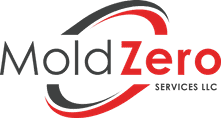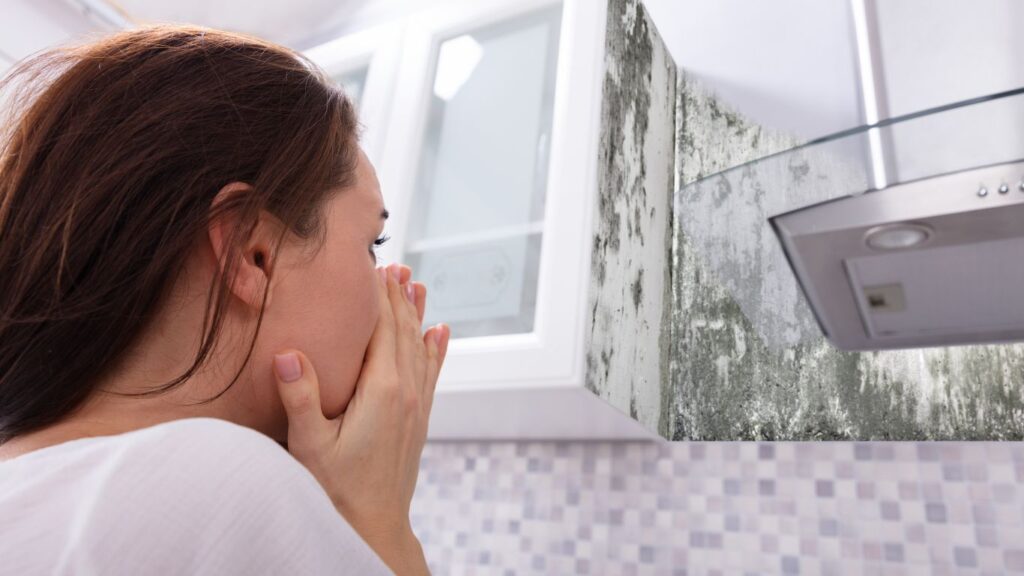Separating Fact from Fiction in Los Angeles County
Are there hidden dangers lurking around every corner, or are some worries overblown? At Mold Zero Services, we’re here to separate fact from fiction and empower you with the knowledge you need to protect your home and health.
Myth 1: All Mold is Bad for You
Fact: While some mold species can trigger allergic reactions and respiratory issues, especially in sensitive individuals, not all mold is harmful. Certain molds play beneficial roles in nature, like breaking down organic matter and producing important medicines like penicillin. The key is identifying the type of mold present and determining its potential health risks.
Myth 2: Bleach Kills All Mold
Fact: Bleach may lighten mold stains, but it doesn’t effectively kill mold spores or remove the root cause of the problem. In some cases, bleach can even worsen the issue by releasing more spores into the air. Professional mold remediation experts use specialized methods and disinfectants to ensure complete removal and prevent regrowth.
Myth 3: I Can Just Remove Small Mold Patches Myself
Fact: While small visible mold patches might seem manageable, attempting DIY removal can be risky. Mold spores are microscopic and easily spreadable, potentially exposing you and your family to harmful levels. Additionally, improper cleanup can leave residual mold growth, leading to future problems. If you discover mold, it’s crucial to contact a qualified mold remediation company like Mold Zero Services for a safe and effective solution.
Myth 4: Mold Only Grows in Dirty Homes
Fact: Mold thrives in moisture-rich environments, and unfortunately, cleanliness doesn’t guarantee immunity. Leaky pipes, poor ventilation, and even everyday activities like showering can create ideal conditions for mold growth. Regular home maintenance, proper ventilation, and addressing moisture issues are key to preventing mold problems.
Myth 5: Mold Testing is Always Necessary
Fact: While mold testing can be helpful in certain situations, it’s not always necessary. If you see visible mold growth, testing might not be crucial for determining the presence of mold. However, if you suspect hidden mold or are experiencing unexplained health issues, testing can provide valuable information about the types and concentrations of mold present. Consult with a mold remediation professional to determine if testing is right for your situation.
Myth 6: You Can Smell Mold Everywhere it Grows
Fact: While some molds do produce musty odors, not all molds are detectable by smell. Mold can grow hidden behind walls, under floorboards, or in attics, undetected by your nose. Regular inspections and awareness of potential growth areas are crucial.
Myth 7: Air Purifiers Eliminate Mold
Fact: While air purifiers can help trap mold spores circulating in the air, they don’t address the source of the problem. They won’t remove existing mold growth and can create a false sense of security if the root cause of moisture isn’t addressed.
Myth 8: Houseplants Cause Mold
Fact: Healthy houseplants maintained with proper drainage and watering practices actually contribute to improved air quality by reducing humidity levels. Mold growth is more likely due to other factors like leaky pipes or poor ventilation.
Myth 9: Once Mold is Gone, It’s Never Coming Back
Fact: Mold spores can remain dormant for extended periods and re-emerge if favorable conditions return, like excess moisture or poor ventilation. Addressing the root cause of mold growth and taking preventative measures are essential to prevent recurrence.
Myth 10: Black Mold is the Only Dangerous Mold
Fact: While some black mold species can produce harmful mycotoxins, other non-black molds can also cause health problems like allergies and respiratory issues. The potential health risks depend on the specific type and concentration of mold, not just its color.
Myth 11: Vinegar Kills Mold (DELETE)
Fact: While vinegar has some antimicrobial properties, it’s not strong enough to effectively kill mold spores or their root structures. In fact, the acidity in vinegar might even create favorable conditions for some mold species.
Myth 12: Wearing a Mask Protects You from Mold Exposure
Fact: Standard dust masks don’t effectively filter out mold spores, which are microscopic. For proper protection during mold remediation, professionals rely on respirators with specific ratings based on the type of mold present.
Myth 13: All Mold Remediation Companies are the Same
Fact: It’s crucial to choose a qualified and reputable mold remediation company. Look for certifications like the IICRC, delete experience in your specific area, transparent pricing, and clear communication about the remediation process.
Myth 14: Mold Remediation is Always Expensive
Fact: While professional mold remediation can be an investment, early detection and addressing smaller issues can prevent potential health problems and extensive damage down the line. Additionally, some insurance policies may cover mold remediation costs depending on the cause and extent of the issue.
Myth 15: Mold Makes Every Home “Unhealthy”
Fact: With proper remediation, ventilation improvements, and moisture control measures, homes with past mold issues can be safe and healthy living spaces. Remember, the key is identifying, addressing, and preventing future growth.
Myth 16: You Can Prevent Mold Growth Completely.
Fact: While minimizing the risk of mold growth is possible, complete prevention is unrealistic. Mold spores are ubiquitous in the environment, and even the cleanest homes contain some level of mold. The key is to control moisture levels, maintain proper ventilation, and address any leaks or water damage promptly.
Effective Mold Remediation Solutions
At Mold Zero Services, we understand the concerns and anxieties surrounding mold. Our team of certified professionals is dedicated to providing accurate information, effective mold remediation solutions, and peace of mind to homeowners in Los Angeles County. Contact us today for a free consultation and let us help you navigate the world of mold safely and effectively.

